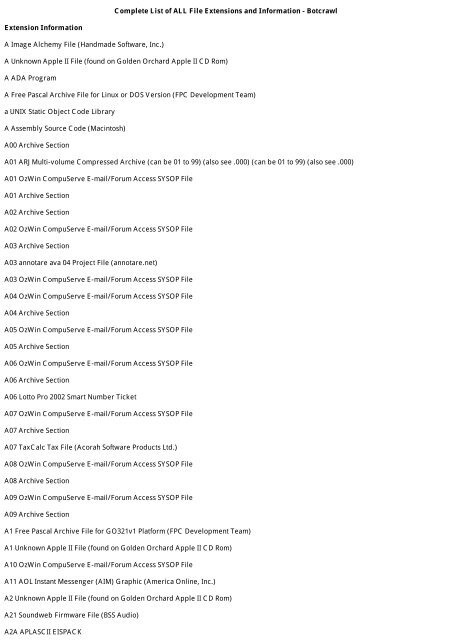

git status just shows directory and not files. The command can not be made into an regular sh git-alias since it will then be invoked at the root of the repo. Shell/Bash answers related to git The file will have its original line endings in your working directory. I created the script in my ~/bin/ and made a the git-gg symlink in /usr/lib/git-core/. We will filter lines those provides anacron tail -f syslog. We will pipe the tail command output to the grep command. We can use grep with tail command to gather to filter unwanted lines. But if there is a lot of logs this may be hard to read. # the search-string, so this is loosely based on:Īccording to this it should be possible to name the thing git-gg and be able to call it as a regular git command like: $ git gg searchstringīut I can not get this working. tail command provides the ability to read log files by streaming.
#Git grep file extension code
# The rest of the code in this loop is here to move the last argument in While doĮrr=$(git grep - `git ls-files $moved | grep -iv "$EXCLUDES"` \ # arg-list to the list of files to search.Įrr="fatal: bad flag '-' used after filename" # If git-grep returns this "fatal." then move the last element of the # Store the stuff that is moved from the arguments. If you find this chart useful, consider making one for the projects you. Here's a chart to help you see which tools can do what. ripgrep is currently the fastest, which folks seem to focus on, but they have different features. There are many greplike tools available to choose from. # therefor I crafted the while-thing that moves path-parts to the other side Feature comparison of ack, ag, git-grep, GNU grep and ripgrep. gitignore typically contains a listing of files and/or directories that are generated during the build process or at runtime.
#Git grep file extension how to
In this article, we’re going to show you how to exclude one or multiple words, patterns, or directories when searching with grep. # But there is issues with giving extra path information to the script You can make Git ignore certain files and directories that is, exclude them from being tracked by Git by creating one or more. grep is a powerful command-line tool that is used to search one or more input files for lines that match a regular expression and writes each matching line to standard output. # The basic setup of this script is from here: # NOTE: The filetypes to exclude is hardcoded for my specific needs. # Wrapper of git-grep that excludes certain filetypes. But the script could easily be modified to exclude other filestypes or geleralpatterns. In our repo its a lot of images so I have excluded the imagefiles, and this takes the serchtime down to 1/3 if I search the whole repo. It does use git grep but avoids some specified filetypes.

The result of this is the occurences of the pattern (by the line it is found) in the file (s). You can also use the wildcard () to select all files in a directory. Note that single or double quotes are required around the text if it is more than one word.
With the example by as base I made this script and put it in my path ( ~/bin/) as gg. The syntax is: grep '

 0 kommentar(er)
0 kommentar(er)
